skip to main |
skip to sidebar
the Analogy of Proper Proportionality

Perhaps the most precious possession of man is his abiding awareness of the Analogy of Proper Proportionality, the key to all metaphysical insight, and perhaps the very condition of consciousness itself. This analogical awareness is constituted of a perpetual play of ratios among ratios. A is to B, what C is to D, which is to say the ratio between A and B, is proportionable to the ratio between C and D, there being a ratio between these ratios, as well, this lively awareness of the most exquisite delicacy depends upon there being no connection whatsoever between the components. If A were linked to B, or C to D, mere logic would take the place of analogical perception, thus one of the penalties paid for literacy and a high visual culture is a strong tendency to encounter all things through a rigorous storyline, as it were. Paradoxically, connected spaces and situations exclude participation, whereas discontinuity affords room for involvement. Visual space is connected and creates detachment or non-involvement. It also tends to exclude the participation of the other senses.
Truth to the analogist, McLuhan said, is 'a creative act': "a ratio between the mind and things, made by the shaping imagination." Truth to the logician is mere "mechanical matching" of object with object. To the analogist the world is invention itself, what McLuhan in his later shorthand would abbreviate to 'percept'. The logician by contrast will flatten, fix, nail down every percept into what McLuhan would call 'concept'.














![et cetera : LOVE [1977]](https://blogger.googleusercontent.com/img/b/R29vZ2xl/AVvXsEgQ8s7vwLQuzHDNgqlfBacxRkEbOErToak9kmgFl0VmyIYEqS9qIzNIVcXKpzTncPhqo3TSgOyztAguIW6OlXw65aFHmpx6cRzmvCUQQMTwUGUOd0iE0GbJakEc3g3kBAJrvlZP4z3eesg/s1600/etc1977.jpg)









![MAC LUHAN [sic] : LOST IN TRANSLATION](https://blogger.googleusercontent.com/img/b/R29vZ2xl/AVvXsEg92tMqBMDA917NDivsS2ZwIirx9KTf24tOCgFFnK65p7Hw5dvqEh1e2aefCynj2UW8u-k8zwBXbjgypsCXUcv-5G7ZCsyDB13giHEjmhVISAeW-oI_JV6ePOXW_XBDPwy2nREAoqRU7Z8/s1600/MAC.jpg)






















![Les Yeux De Nadja [unpublished]](https://blogger.googleusercontent.com/img/b/R29vZ2xl/AVvXsEgrXohpIuxxYyjKoqBSQf3TpYGjnttZnjRFvmMdshadfnVKi7PMAjIqEuqYctZFXOFH2n-oH75oJx-YkaON7xvaZgVdvaK0zfSOurEmCKqmWF6qXh2F3VbqyixfGhvY4qH6LENMTs1wCIw/s1600/2xsurreal.jpg)
















![PIED PIPERS [MARSH] ALL](https://blogger.googleusercontent.com/img/b/R29vZ2xl/AVvXsEhqvGIGG9lWZYhFZRVc_V8EJG2apQBsys4kNQOQsA0EV6H6Tg-SMN0sX15NXy_GzsF3xAUdcb2QlfvJk-RU-Rha-3Eu5Mnglkf5KLe6pccVqAP4VR_Gi4fGQ716QSmDe3Zna5Uwct5d2sw/s1600/piedPiperMarshALL270.png)






























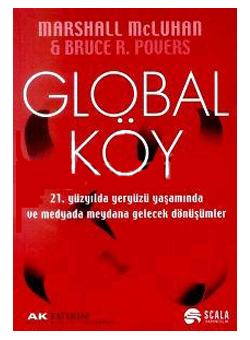




























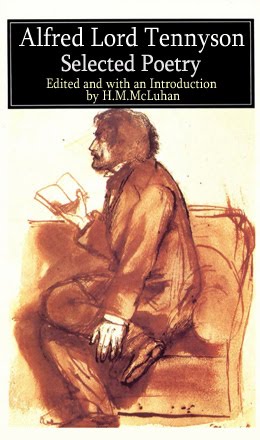

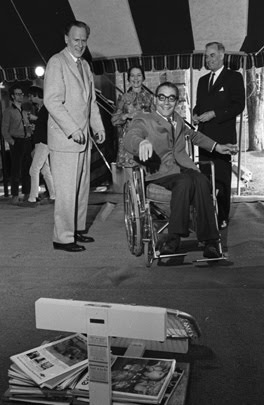




![PICNIC IN SPACE : The Great Minds of Our Time Film Series [1973]](https://blogger.googleusercontent.com/img/b/R29vZ2xl/AVvXsEjyov75DRIUBWcYLkzPYmupFy8CQ9dQ4Q798zDIN6jPNsSdBB_WuOcvPl4WjMAz10csG071oCO3BCUtIcKyHoIkCN0lCy0OxGCV_HrLXrGNKRpUiKMrqzkJh4LSc7jT_KrrqmClapSlVa8/s1600-r/PicnicInSpace.jpg)


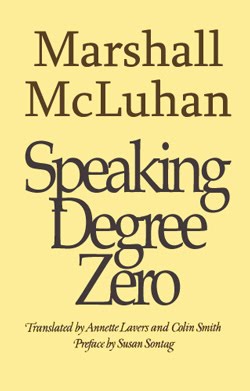






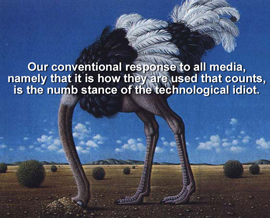


















![more Hidden ground [re:Bride] : the "flippancy" of tone seemed just "right"](https://blogger.googleusercontent.com/img/b/R29vZ2xl/AVvXsEg-hQyF9KGGhKYc73nUGmV1bStJ4fTJVh0-TL1ZtikLZEv5ppjhB3DOhFcVuzGq-kByrwtTAWgCcE173pA3UTIPe7h6xJjsPt7lRvNym007ZsdXenMDLNimKcwtaTOqkGleoxmXOeCKtxXL/s1600-r/LEAVISLEWIS.png)
















![BABA WAWA [TODAY SHOW, Toronto City Hall 1970]](https://blogger.googleusercontent.com/img/b/R29vZ2xl/AVvXsEjTZAIFkA07K36WGk951vmZnLPU99fOdNzlvVhyphenhyphenhKZEKu2n2AW5EA1CDZGaTk0aYRXUv7IOXG39igaikoE6SWm8j7QIG96wYRE54oBXwvlaNCJzp15vdkrcqR97IMMny-8sHjM-VDotTOaY/s1600-r/babaWawa.jpg)

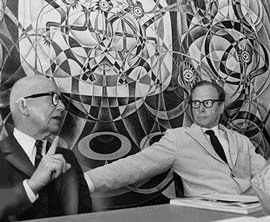

![enter the dragon : "typhon in america" [unpublished]](https://blogger.googleusercontent.com/img/b/R29vZ2xl/AVvXsEjdCnZdJ6JbaLc6hyUmUJo5UJ0m8WZSj_afYU9oRlHKIUgAIfcy2EPHNAptSRYEAmpOf0Xaa0B8iMgOTF302lY0Xmbyne0hvrdRyNo-t0Q-PPdzqX39uI3T5x5FppRPaQf9sSaXytrOpWVN/s1600-r/TIA.jpg)




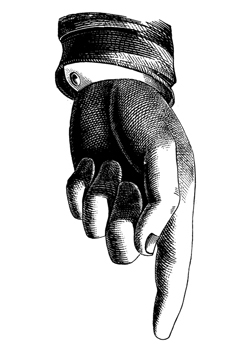






















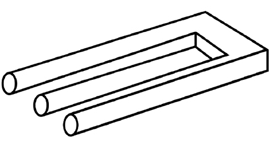









![Take Today [1972] : "the consumer becomes a producer..."](https://blogger.googleusercontent.com/img/b/R29vZ2xl/AVvXsEhA53bdVdTaXdQo1fDmrsI8oiAwF-3jampcanOq8uk3QMh8_ImkNsTiKd4-RnZY8Vbwqh1fymJiyCl1CSLcSonXHQM6XbnJYQi_Vu89gbAV4jVq73EtlbM3w6CthyphenhyphenV_pHEjE6eu_VhC489u/s1600-r/PROSUMER.jpg)








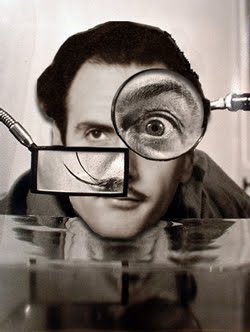















































































![" Outtragedy of poetscalds!, Acomedy of letters " [ FW 425.24]](https://blogger.googleusercontent.com/img/b/R29vZ2xl/AVvXsEhJMrJLN3oPUb25A2tjQtWZcZxA4wZB0IOvaIAvxosAUqlFc258HHvzvlnHHvKhKq7hG3epo76izY2Bu0HC3Cy-8S46Rf0Wni3L8j8jEfpT7sXK3UFlXBMtN2v2JdrmdxvWk8VWKjkhN4-9/s1600-r/preplexLP.png)











![mars[HAL]9000 : " Tomorrow is our permanent address."](https://blogger.googleusercontent.com/img/b/R29vZ2xl/AVvXsEhmblupqmUiuV3GbyayJiDRGEO63TEgwjHi-i8b0kVYDvXrKFWTCyl-e21la4QJXC4nDFDzx51Omi6fYPLJcqRHFoP6zSsL0CVZF98eMf6mxCE2WDfvMmT4q9G3X45-P0IYGDmliE0fCR3C/s1600-r/marsHAL9000_250.jpg)












































































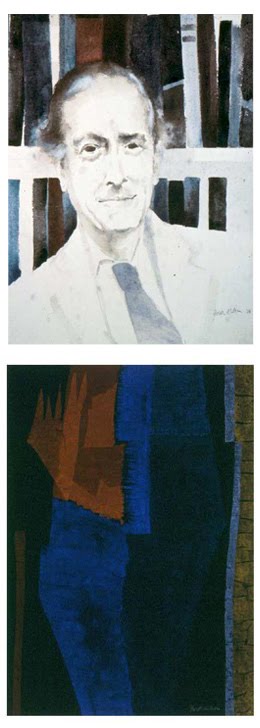















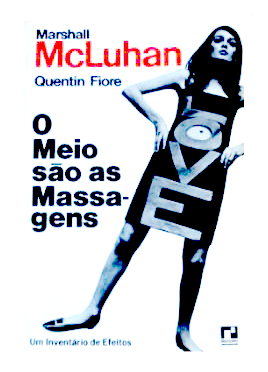





































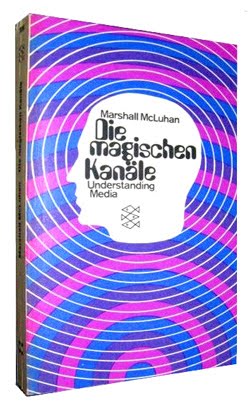
























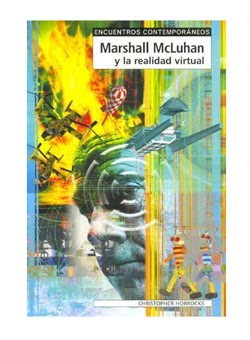




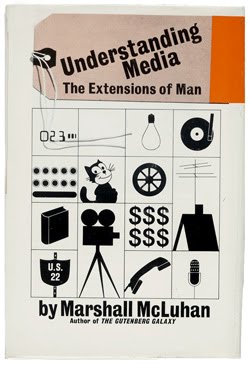





























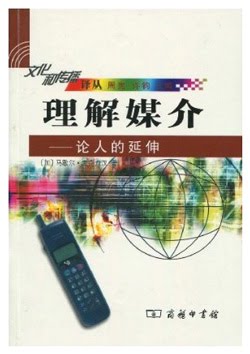











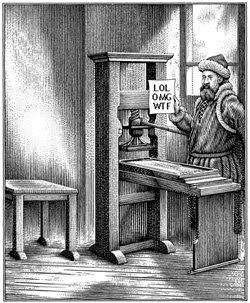








![Lucifer [from Latin] <br>meaning "light-bearer"](https://blogger.googleusercontent.com/img/b/R29vZ2xl/AVvXsEhq-2kZZOfh-Syv1Ewa0Ns2O6ZeP59pcsJp9ihhKcXCaovYZO_cKxffC5iSKOXFHr6E1jiHc6zedt1U6I95831RgpVdm3qk8-9C3y1yPyrCiQe4jgx-DsbeHnjKnw9t6Qx3ZM5TSYxiPj5H/s1600-r/lucifer.png)


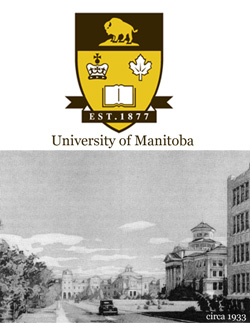










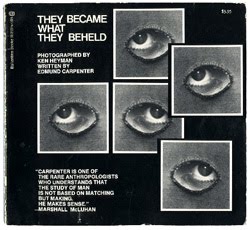























































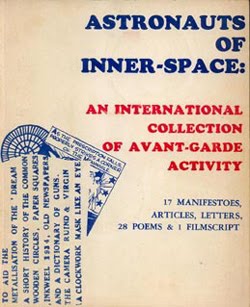












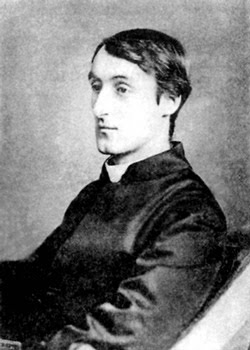


















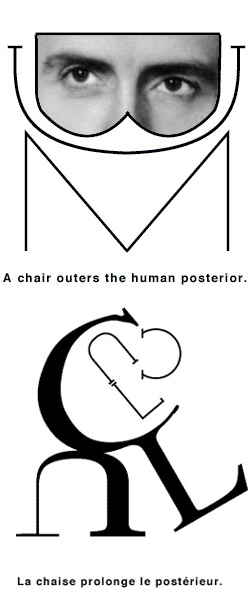






















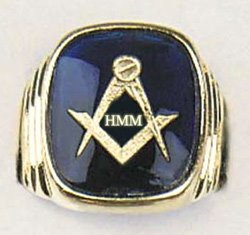















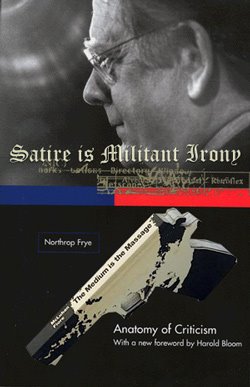
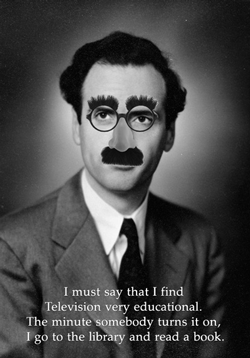






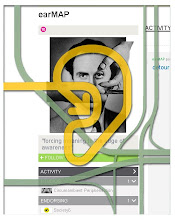















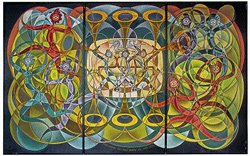










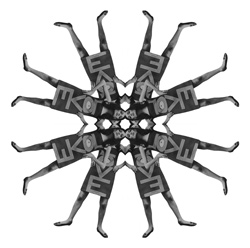



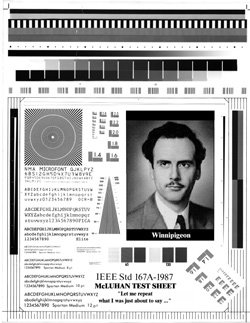

4 comments:
''The future isn't what it used to be.'' For Marshall McLuhan the future is already here. It's just imperceptible. Talking about the future is pointless when clear perceptions are trumped by an unconscious preoccupation in things past. A new language, a fresh metaphor, is the first adjustment in grasping the present. For McLuhan this is the work of artists: poets, painters, filmmakers who are comfortable with the unfamiliar. They are by nature experimenters in touch with the senses. The key problem for the rest of us in understanding the present is that the language itself lags behind the experience, trapped in some outmoded situation. A language that treats the present effectively must be exploratory or disorienting rather than explanatory or familiar. The familiar obstructs perception, stressing the common orientation. The 'experts' actually catch up with the present in hindsight, long after new forces have reconfigured every walk of life. The catching-up is so a knowledge of the past. In the space of a relatively short period of time, forty-fifty years, many of McLuhan's once exotic-sounding aphorisms have trickled into the popular language; some are now slogans. The point however is to perceive the unfamiliar by anticipation, with insight not hindsight, with an agilility to extrapolate new metaphors. McLuhan so packed his insights into supple word combinations that strike discord in the listener's preconceptions. Insight is then itself a product of language, the sixth sense, the one that integrates all the other senses. The poet in McLuhan thus generated paradoxical and surreal imagery to stir and free the senses out of a sleepy cobweb state.
McLuhan makes a profound distinction between percept and concept, assigning their difference to human understanding. We say one is perceptive when some thing is penetrated, extracting uncommon insight. Perception is enhanced when attuned to the 'secondary' senses, the tactile, olfactory, and acoustic. Only when all the senses are at work, can the eye see. Percepts function via the sensory world, not by concept. Percepts are participatory, involved. Percepts feel. The tribal mask for instance is sensory, and transmits subliminal energy. Concepts in contrast are detached systems that neutralize participation by explaining the world. Concepts distance us from objects by relying on the passivity of the eye. The visual unlike the tactile tends to stand back and inventory the situation from a safe distance. Concepts lead one to viewing life as the eye surveys the terrain, without involvement. To explain we generate concept after concept, and then more concepts, as we get further away from our powers of perception. These powers diminished at every step, surrendering common sense, instinct, intuition and free thinking. We become literal, deprived of participation and insight.
Perception is mercurial, comes out of nowhere suddenly. It is instantaneous, boundless, and involving. Conceptualization is static, repetitive, detached, and self-enveloping. Inside the system, we are unaware of their blinding properties. Percept advances and recedes like a gestalt, with a foreground and background, attuned to depth. Concept traps meaning by concentrating only on the surface, the foreground, while substituting itself for the missing ground. Concept preempts the gestalt. It is an invisible arbiter of all things in the absence of true ground. As a kind of bogus background that fixes everything in an illusory pseudo-context, concept ultimately tricks the perceiver out of his senses. The 'play' in figure and ground is McLuhan's strategy for reversing the order of premise and conclusion, cause and effect, content and medium. We go from effect to cause, and not the other way around, by proceeding from a preconceived notion (conclusion), to get to a premise that is embedded, putting the cart before the horse. We concoct a premise from preconceptions. Likewise effects often precede causes because they have created the conditions for a new situation well in advance of the so-called causes, which are in fact a result of a long but undetected process. When we perceive something we grope for words. By introducing subtlety to such assumptions, by uttering something unusual yet plainly observable, preconceptions yield to perception. ''The medium is the message'' is more than an observation; it's a slogan for perception. Watch the invisible medium shaping what you say and think. Perceive the invisible ground by playing it off against the foreground. McLuhan's aphorisms, or probes, involve play as a tool for perception. It is a genre associated with the Logos tradition, the ancient school that utilized paradox, enigma and satire.
McLuhan's strategy can be seen within the context of ancient oratory, in the contributions of the presocratic philosophers who spoke the language of Logos. The Logos tradition is one of word compaction, word as irony, word as metaphor, and as resonance. McLuhan was a modern master of this form, using words as active principles of discovery. It was believed to be the truest form of communication. Practitioners of Logos were grammarians, speakers and writers who employed analogy and symbolism for the sake of perception. Grammatica is the first branch of the trivium, and is related to poetry. Grammatica in the trivium is the power of speech to leverage meaning. Grammatica is the language of perception, dialectic in contrast is the languages of concept. McLuhan's investigation of the trivium, tracing the rise and fall of grammatica, dialectic, and rhetoric in western culture, century-for-century, is the basis for his later writing on communication and language. McLuhan the poet was naturally a partisan of grammatica, and sought fellow poets of the modern period (Joyce, Eliot, Poe, Mallarmé, Pound) as objects of study. It was their effective use of words that might revive a primacy for perception. The dialecticians were by contrast willing masters/slaves of conceptual thinking, predestined to end up exactly where they began, that is, on familiar ground.
McLuhan's words stretch and bend, or reverse conventional thinking, providing surprising new contexts and challenges to what he termed the hidden environment. Environments in McLuhan's sense are colossal misconceptions that have little legitimacy in experience. Because they envelop us in a world-view, environments are intrinsically imperceptible. Trapped inside the environment, like Plato's cavemen or fish in a tank, environments escape notice, and make us aware of only a very limited field. An 'environmental thinker' is for McLuhan a gullible actor who merely mimics expertise. Regurgitating concepts cud like, he is blissfully unaware of the closed circuit within which he swims as he surrenders perception. Environments swallow us whole. We depend on an outsider, or a foreign element, or a bygone era, or a radical contrast of any sort, to bring wakefulness. These are called counter-environments. Without them, environments remain imperceptible. Like the distorting imagery of the surrealist, McLuhan's percepts/probes ambush the environmental thinker, the faithful believer in the emperor's new clothes. He is knocked out of his conceptual armor. Anything in opposition to the conventional order can be a counter-environment: new technologies, street art, dream interpretation, crime, novel ideas, cults, minority groups or opinions, any form of satire, anything that topples normalcy and offers a fresh gestalt or disorientation. The bold language of the probe is counter-environmental. It doesn't require truthfulness as such in every case, though it may hit upon it frequently. The purpose of the probe is to stretch the truth in into a what-if mode. Often, the surprise element is saved for the end, as in ''privacy invasion is now one of our most important knowledge industries'', or ''obsolescence is the moment of superabundance''. Claudel's line ''the sky was so blue only blood could be more red'' is typical of the poetic strategy of participation in depth by break-up. Languages that lack sensuous imagery are environmental.
McLuhan claimed all societies to be influenced by the sensory makeup of its people. If it is visually oriented, it is 'conceptual'. If it is acoustically oriented, it is 'perceptual'. All oral or tribal cultures are perceptual. As when the loss of sight intensifies smell and hearing, or weak vision intensifies hearing, so societies adjust to the sensory topology prevalent in the populace. They have a sensual preference. McLuhan held that the new electric world led to a definite stimulation of the acoustic sense, shifting our sensory orientation from the eye to the ear. Any new technology invading society mixes the sensory balance of the culture, favoring either the eye (concept) or the acoustic (percept). When new media enter society, be it the wheel or the telephone, patterns of perception shift according to the effects of the new technology on our sensual antennae. The conceptual/dialectical world of literacy replaced the perceptual world of tribal culture. After centuries of dominance, literacy itself was outpaced in the nineteenth century by the new electronic media, resurrecting former acoustic patterns. A re-tribalization of western society along these patterns occurred. Electric culture created a world once again attuned to the poetic, suppressed for centuries by the ascendancy of dialectics. McLuhan saw in this a comeback of grammatica. Evidence of early electronic patterns infiltrating society and language included the new Joycean prose, Cubism, relativity theory, the rise of psychoanalysis, the literature of existentialism and phenomenology, and finally the global village, all of which McLuhan cited as amputations of our self-image in the first phase of electricity. He claimed communism to be a product of the pre-electric world, an idiosyncratic leftover from the nineteenth century that the West bypassed through the new service environments provided by electricity. In 1954, he predicted communism would dissolve by weight of the new media.
Post a Comment